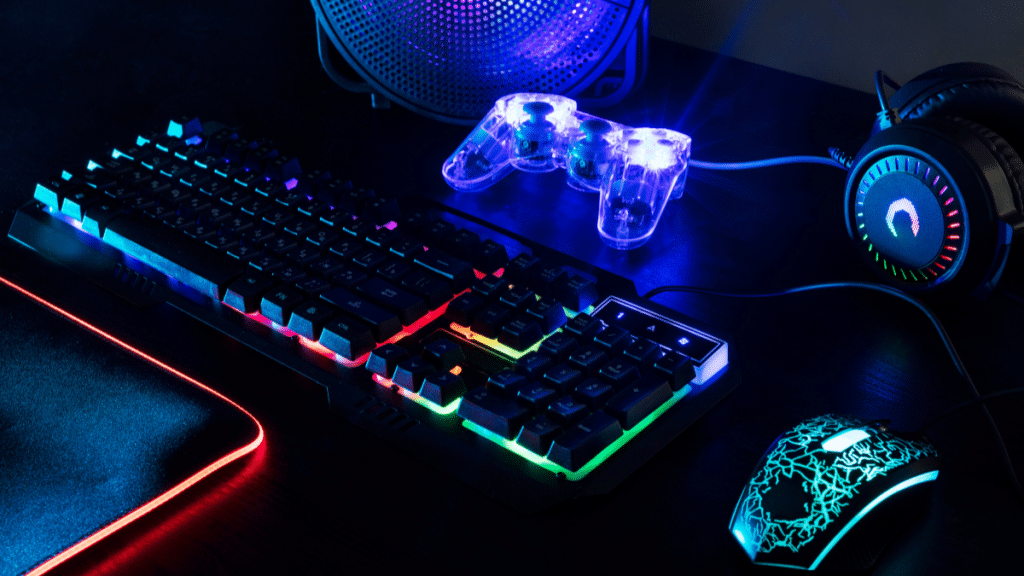Selecting a gaming PC can feel overwhelming when you consider the specifications, brands, and builds available. Whether you’re a long-time gamer or new to gaming, there are many options, and knowing which to choose makes a big difference in your gaming experience.
Gaming is not only about how many neon lights and futuristic designs are on the outside of a PC; it’s also about what is inside. Knowing the components that put the power in the performance of a machine, like the graphics card, processor, and storage, gives you the opportunity to make a wise investment. In this guide, we have discussed some key factors you need to know before purchasing or building your gaming setup.
Performance of CPU and GPU
The graphics card (GPU) and processor (CPU) are the two main changing components in any gaming PC. They give you an understanding of what your gaming PCs are capable of when playing demanding games or multitasking. A powerful GPU can ensure amazing visuals and frame rate. A fast CPU can provide background processing ability.
- Choose an NVIDIA RTX 4060 or AMD Radeon RX 7600.
- You should consider CPUs like Intel i5/i7 or AMD Ryzen 5/7.
- The overall balance between CPU and GPU is all-important in achieving the best gaming performance.
RAM & Storage
Your RAM and system storage can determine how fast games load and how smoothly your system runs. 16GB of RAM is the minimum recommended for modern titles, which provides more flexibility for multitasking and future-proofing.
- Use 16GB DDR4/DDR5 RAM.
- Buy NVMe SSDs for high speed with instant load.
Upgrading and Future-Proofing
You should consider components that enable upgrades later in the life of the PC, and ultimately save money and allow your rig to stay up-to-date. For example, when you are sourcing your motherboard, get a motherboard that has spare RAM slots, a powerful PSU, and a case that is big enough to fit regular GPUs.
- When buying a PSU, get a modular supply with additional wattage
- Get motherboards that are upgradable and have modern chipsets.
- Choose a case with room for larger GPUs and more cooling opportunities.
Cooling and Build Quality
A well-cooled PC allows hardware to run faster, run quieter, and has a reduced risk of damage or failure. Look for cases that have good airflow for better cooling and a quality fan. Additionally, build quality, which includes materials, stability, and design setup, also has an impact on heat management, how to manage wires, and noise reduction, so try to avoid thin plastics and plywood cases that have cramped designs.
Budget and Value for Money
It is important to set a budget. So, it is important to search online best option that aligns with your budget. You should spend according to your media goals, not how fancy it looks. Reading reviews, checking specs, and comparing against alternatives is always a prudent thing to do.
- Know your budget and reinforce it.
- Aim for the best performance
- Monitor your overall investment, and don’t forget accessories in your total costs.
